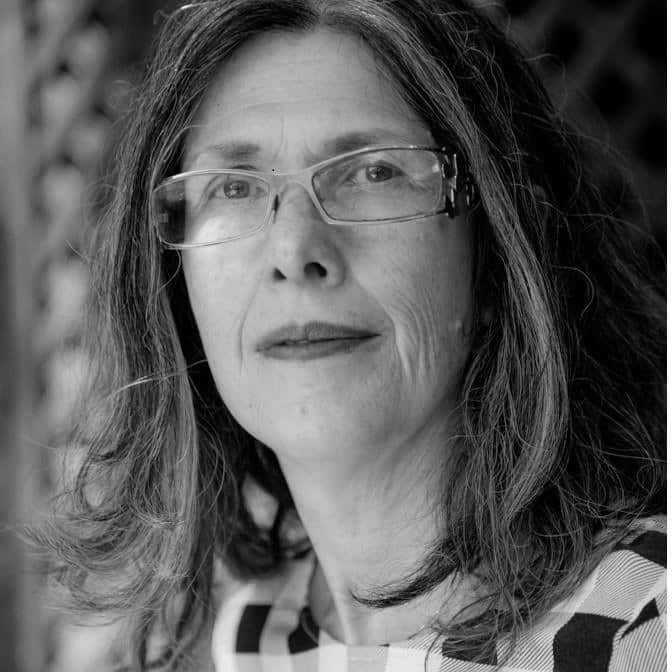Genesis/Bereishit ch. 34:
“וַתֵּצֵ֤א דִינָה֙ בַּת־לֵאָ֔ה אֲשֶׁ֥ר יָלְדָ֖ה לְיַעֲקֹ֑ב לִרְא֖וֹת בִּבְנ֥וֹת הָאָֽרֶץ׃
Dinah, daughter of Leah, borne to Jacob, went out to see the daughters of the land.
2
וַיַּ֨רְא אֹתָ֜הּ שְׁכֶ֧ם בֶּן־חֲמ֛וֹר הַֽחִוִּ֖י נְשִׂ֣יא הָאָ֑רֶץ וַיִּקַּ֥ח אֹתָ֛הּ וַיִּשְׁכַּ֥ב אֹתָ֖הּ וַיְעַנֶּֽהָ׃
Shechem son of Hamor the Hivite, prince of the country, saw her, and laid her, and abased her.
3
וַתִּדְבַּ֣ק נַפְשׁ֔וֹ בְּדִינָ֖ה בַּֽת־יַעֲקֹ֑ב וַיֶּֽאֱהַב֙ אֶת־הַֽנַּעֲרָ֔ וַיְדַבֵּ֖ר עַל־לֵ֥ב הַֽנַּעֲרָֽ׃
His soul cleaved to Dinah, daughter of Jacob, and he loved the young woman, and he spoke to the heart of the young woman.”
A woman goes out to meet other women, so not looking for male company. A man forces himself on her. He then gets all sentimental and decides that a beautiful thing just happened. As to what the woman thought, we don’t know, because the text does not tell.
Welcome to this week’s parashah, vayishlach.
As the text goes on, Shechem decides to do the “right thing” according to ancient standards and asks Yaakov, Dinah’s father to “give” her to him as a wife. Dinah’s brothers, Levi and Simeon, are, understandably, still outraged. So they hatch a terrible plot. They tell Shechem that his family will intermarry with their family and all of those in the town if only they agree to be circumcised. The men agree (Shechem the prince is really really hot for seconds). After the operations are performed and the local men are not at their best, Levi and Simeon rally their forces and kill every last male mofo in the town. Had they stopped at the rapist, this might have been a rough justice story. As is, it’s a story of murderous excess, and the text puts just this judgement into the mouth of Yaakov who rebukes his sons on his deathbed. So that part is pretty clear.
Many of my sisters and brothers see the first three verses as a complicated text. (See The Red Tent AKA 50 Shades of Wishful Thinking and the scholarship of Tikva Frymer-Kensky, Shawna Dolansky et al). They point out that the abasement cited in the text (the verb onah does not always mean rape) might be, from the point of view of Levi and Simeon, simply the pollution of an Israelite woman by an outsider. But see also Elana Sztokman’s cry of solidarity and pain.
By the pshat (plain meaning) of this text, Shechem does some horrendously bad thing to Dinah who did not in any way, shape, or form ask for it, his sentimental afterglow and self-justification notwithstanding. The text, tellingly, has nothing to say about her heart responding to him. Sadly, we never hear from Dinah at all. When I read these verses, I see in my mind a terrible graphic: a woman gagged and bound, bloody and bruised and a man chillin next to her, speaking casually, captioned, “You what I love about you, babe? You’re such a great listener.”
Recently we have been treated to a parade of men, speaking to the hearts of women they’ve abused. Some (Louie CK, Al Franken) appear to be sincere. They are the ones who admit that they did bad things. They take responsibility for what they did. They apologize. Period.
Then we see those other apologies. “I’m sorry you felt that way about what I, with perfectly pristine intentions, did. I’m sorry you misconstrued. I’m sorry if any one (any one out in the ether….) has hurt feelings. I’m sorry you’re such a delicate little snowflake, but I’m a big guy, so sorry.”
This latter group reminds me of Shechem who brought calamity on all the men connected to him (“Hey, I did the right thing, she would have got to marry me!”). What can we learn from this?
We cannot be like Levi and Simeon, generalizing revenge on all the men in this or that group or responding to outrages against “our” women as we would to theft of property. We cannot be silent like Dinah. And we must acknowledge that ours is not Yaakov’s generation. We are a generation of Jews who have articulated a robust view of cavod ha-briot (human dignity) that does care about Dinah’s consent, no matter what her brothers were upset about.
When there is a lacuna in a text, our rabbis bequeathed us the tool of midrash, inquiry, filling the silence. So here is my midrash, my imagining of what Dinah might say to us now:
“You want to avenge me? Then don’t have it. Fill my silence with your testimony. I went out to meet the women of the place. I went looking for friends. You be my friends by changing laws and regulations and even customs of long standing so that what happened to me does not happen to anyone else. Don’t make it acceptable or the price of employment or our internal secret for a person to appropriate the body of another. Don’t normalize it any more for men to inscribe their contempt for one another on the bodies of women in war or in private.
“I went out to see other women. I want other women to see me. Not to look away. Not to make it pretty. See me and see the woman next to you and see yourself and tell the truth.”























 More news and opinions than at a Shabbat dinner, right in your inbox.
More news and opinions than at a Shabbat dinner, right in your inbox.